
Written evidence submitted by Rob Yorke FRICS (rural chartered surveyor and Founder of Track II Enviro Dialogue) to EFRA – (ref MH0016) 11th Jan 2021 (links and pictures added to published version)
1.1 I have worked in the rural sector since 1992 when I qualified as a chartered surveyor (Rob Yorke (Associates) Ltd) working with farmers, engineers, ecologists, foresters, gamekeepers, rangers, govt advisers, researchers etc. I later set up Rob Yorke Track II Enviro Dialogue after ten years of specialised enviro comms.
1.2 I work across the UK and live in the Black Mountains – the eastern end of the Brecon Beacons National Park bordering Hereford and Monmouthshire.
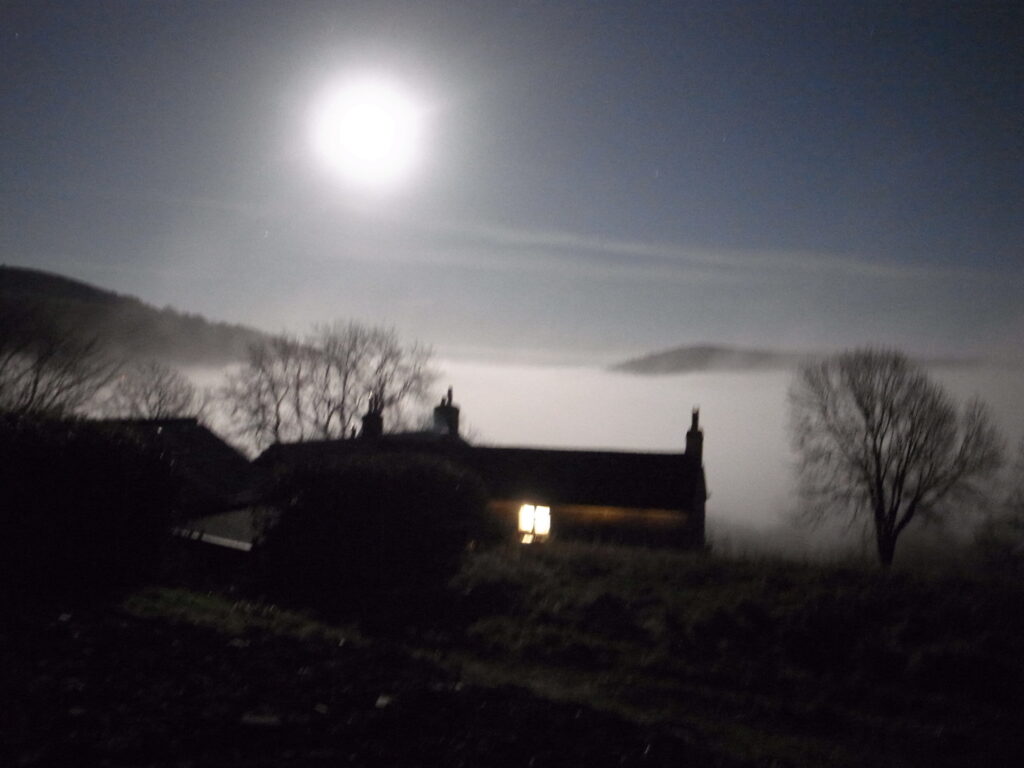
1.3 There is a certain irony in this call for evidence being over the Christmas and new year, a time when many take time off or may struggle to deal with dark thoughts in long dark evenings.
1.4 Two words immediately spring to mind. Connectivity and community. Connectivity is not just about broadband (obvious need in places where tree branches rub copper wires and grey squirrels eat rubber coated lines), it is about connecting with people. COVID-19’s impact on a move to mainly online-only communications will have devastating ramifications for face-to-face connections. There are many in the rural sector who are averse to using zoom, any form of camera online, or even the telephone. Let alone being asked to consultations in soulless hall during lambing or harvest time.
1.5 Land use and management in the UK is undertaking massive change. The push to urgency to deal with the climate crisis, and other related crises, is stimulating discussions far faster than the rural sector – often un-media savvy, conventional and conservative in nature – is accustomed to. Social media has many strong roles to play, but the propensity to use it as a leverage against another farming or land use practice, is not helping the mental health of those people at the front line. Farmers are turning upon tree planters, foresters are being defensive with woodland organisations, regenerative farming disses other farming (hydroponics), while gamekeepers and wildlife reserve rangers are being forced to take a position, often against each other. Observe the rise in discussions on meat consumption and need to manage wildlife.
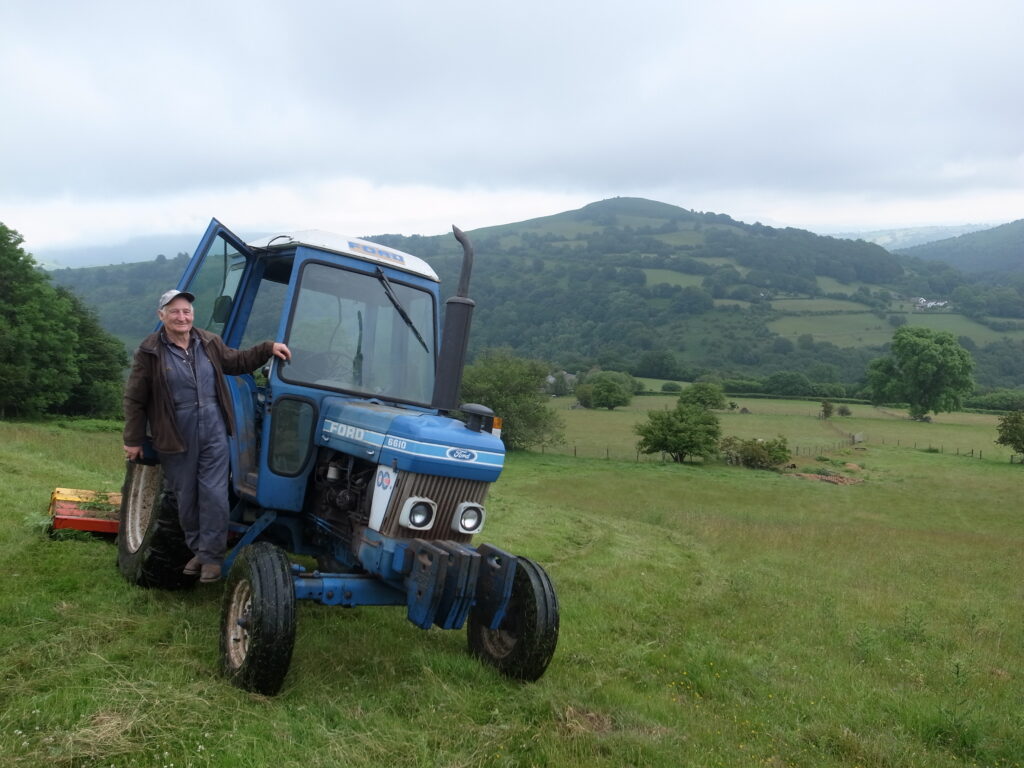
1.6 Membership-facing organisations (incl eNGOs) within the rural sector have a strong role to play, but are being compromised by issuing messages to different audiences. An outward-looking message to the general public (who may not be aware of wider narrative and context), may be very different to an internal challenge to members. Some natural environment government agencies and eNGOs suggest being outdoors is good for your mental health, whereas this may grate with those who often work alone in the rural environment.
1.7 On the matter of community, the UK is currently an 86% urban-based population country (1861 being the year when more than 50% of the population started to live in cities). This brings tensions into rural communities from the flow of people who visit, work, commute and undertake recreation in the countryside (livestock worrying an obvious example after an increase in dog ownership after Covid-19). Simplified discussions on complex environmental issues often pertinent to the rural sector often alienate rural voices.
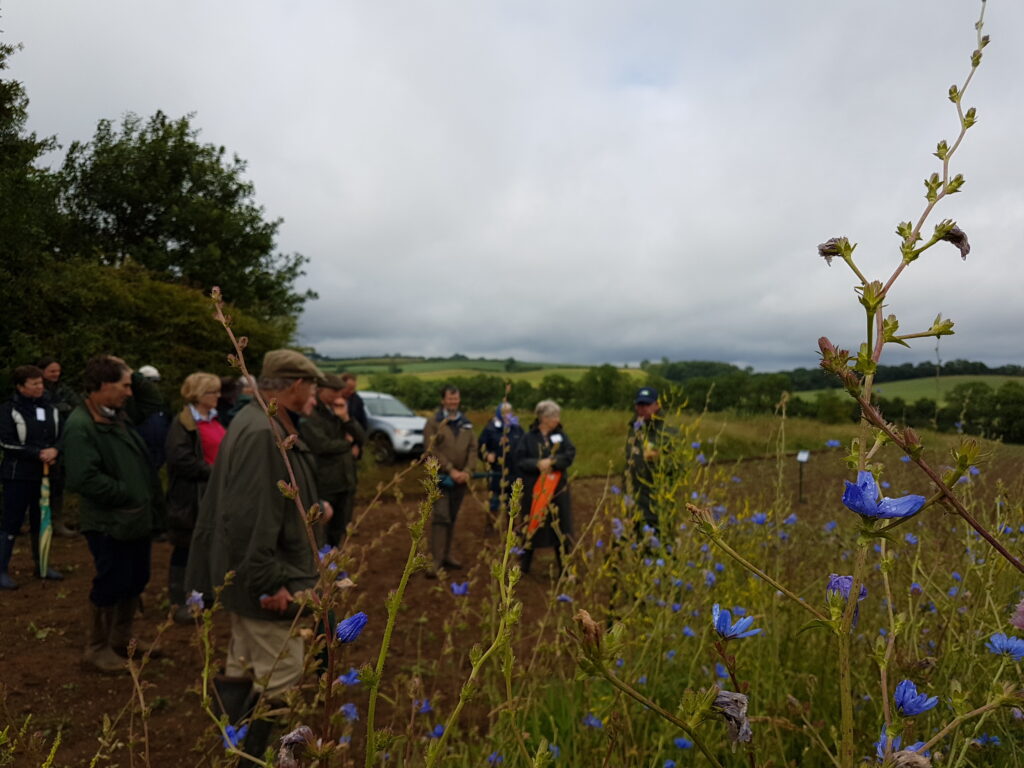
1.8 My own experience of dealing with planners in a National Park has left my family in a fragile state. When the enforcement officer stated ‘if you wanted to do any economic activity in the countryside, you should live in a settlement’ made me gulp. They also sought costs against us when they suspected a hint of commercial involvement with the local community (only one complainant and 60+ who supported us at Appeal). The strongarm application of strict planning policy without any form of “social nuance” was mentally stressful to the extreme.
1.9 Woe betide being a farmer cutting a hedgerow as a someone passing posts a cropped, context-free image online. Pictures of hedge management, which then often gets misconstrued across social media. After heavy rainfall, topsoil running off fields will become a focus of vitriol against farmers. This is not to say land management practices must not change but ‘snap context-free value judgements’ are taking a mental toil on those people working in the countryside.
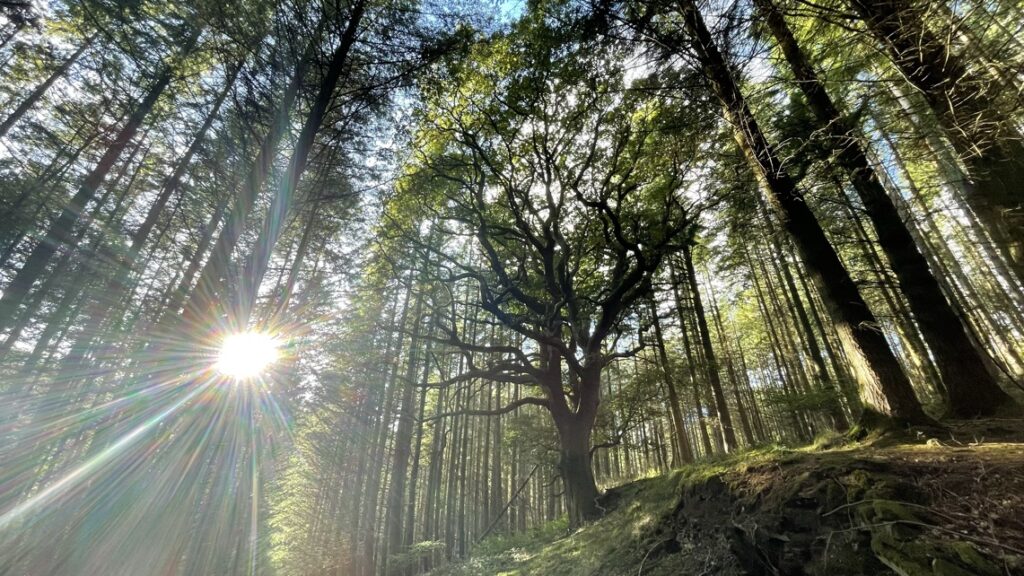
2.0 Another example was when I published a short vlog on an exemplar govt approved forest creation scheme (Doddington forest) which attracted online attention wishing to retrospectively scrutinise a scheme. Trial by tribal Twitter is an increasingly common ‘tool’: wielded by both self-appointed ‘enviro gatekeepers’ and ‘rural warriors’ overenjoying adversarial jousting (one person’s insult is another’s badge of honour) without being aware of its potential negative effect on their own mental health and others observing the interaction.
2.1 Defra often uses researchers to study social science but the researchers themselves, often on social media declaring “these are their own views”, can perpetuate and create prejudices on misconstrued purposes of their work as independent objective researchers. “Trusted intermediaries” is a phrase not often used enough, and the lack of collaborative trust partly built [more likely corroded by] on partisanship (tweets directed at researchers “how can you work with gamekeepers on peat restoration?”) is having a severe impact on the mental health of people living and working in the countryside.
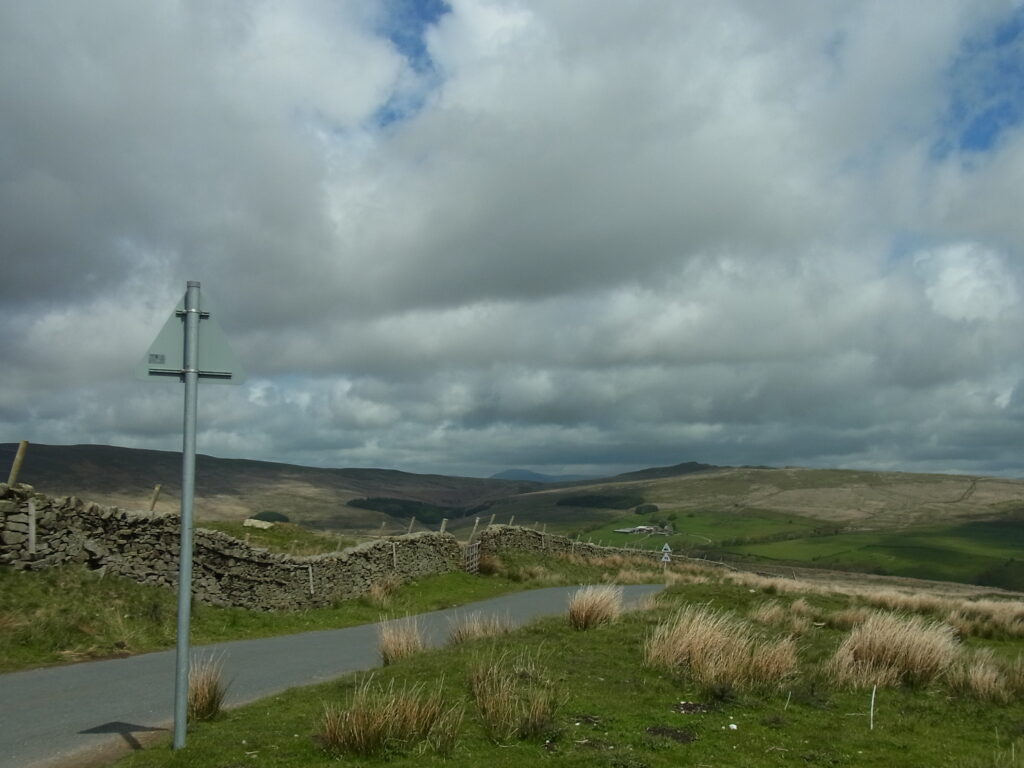
2.2 It is of course a two-way street and often an environmental issue may be framed as animal welfare which is then conflated with wildlife conservation, when the two issues are completely separate. One example is off landowners turning on a landowner intending to reintroduce wildlife onto their land. While better consultation (not just a generic public meeting and zoom calls) might avoid this, there are many examples of where anchoring bias, confirmation bias, back fire effect, strawman arguments etc have all added mental pressures across the rural sector
2.3 Countryside charities (YANA, RABI etc) are often based around farming. This needs to be updated as forestry, land managers, gamekeepers, wardens, rangers, nature reserve wardens etc are all rural operatives (beware using the word “actors” as recounted (per conv) when a group of farmers stormed out when the researcher addressed them as such.). See 2.1 above as well.
2.4 Primary industries such as farming, forestry, aquaculture and now including land, wildlife management, gamekeeping (as increasing diversity of land uses under the Agric Act 2020 and Enviro Act 2021), puts a minority under a huge and bright spotlight from the taxpayer majority. The ability to maintain dialogue is vital but too often ignored as membership organisations shore up support, while not daring to risk losing any members or financial support by challenging their own members.
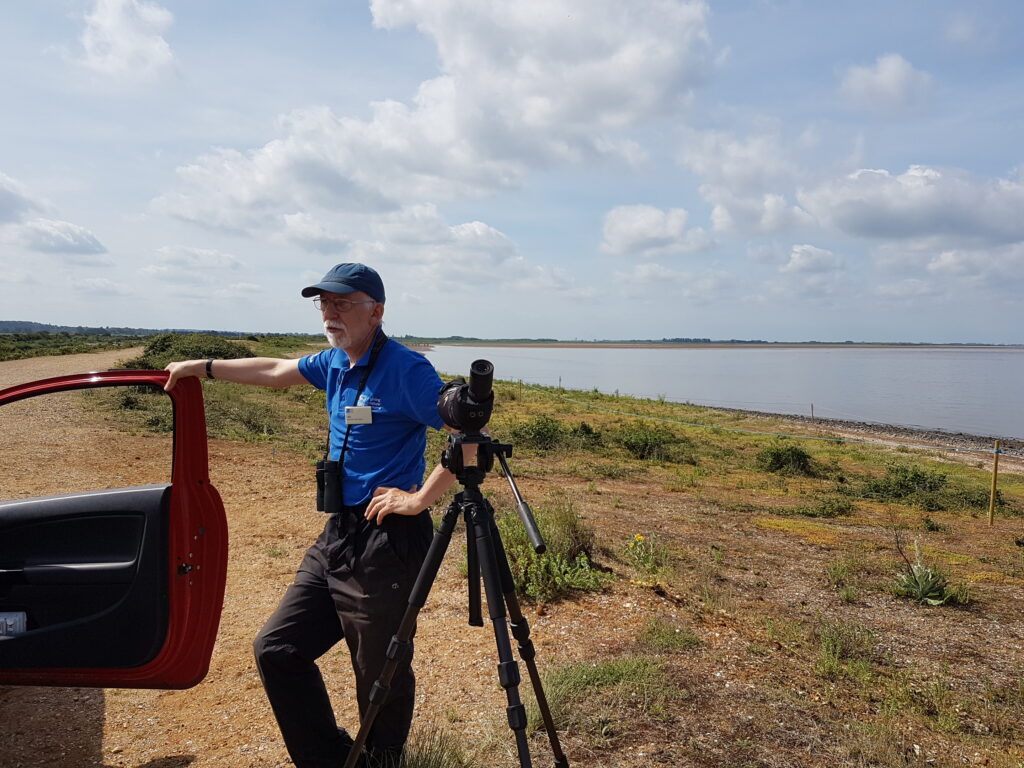
2.5 Others perceive mention of mental health in the rural sector as a sign of ‘complaining’ and a smokescreen to maintain the ‘status quo’. This is not helped when rural organisations seek to protect all members irrespective of their practices, poor or otherwise (ie below standard animal welfare on farms close to the subsistence line, poor gamekeepering practices). Campaigns, often single-issue, may be great for media headlines (note rise of petitions) but risk alienating other valid alternative narratives by not tolerating them in the same space. Hen harrier recovery is a classic example.
2.6 I have had farmers raise their voices at me for daring to talk about change in the uplands: I have also had to explain forcefully to environmentalists who wondered ‘why farmers, who had trashed the land, where being paid anything’ about post-WWII farming policy. Now they all sit at the same table which brings its own mental tensions between family members and external voices baying for rapid change. (Much of which may be required across the rural sector from forestry planting/management techniques to upland sheep grazing practices)

2.6 Green funding options are often swallowed up by professional grant-applicants (witness the Green Challenge funding going to larger eNGOs who hired temp staff specialised in gaining such funding). Partnerships are too-often destroyed by ideological and dogmatic points of view.
2.7 Farmers require environmentalists for data to provide evidence for public-funded payments but trust is at rock bottom. Often for reasons mentioned in my submission above. We risk too much damage to both human mental and wildlife’s health to let this continue.
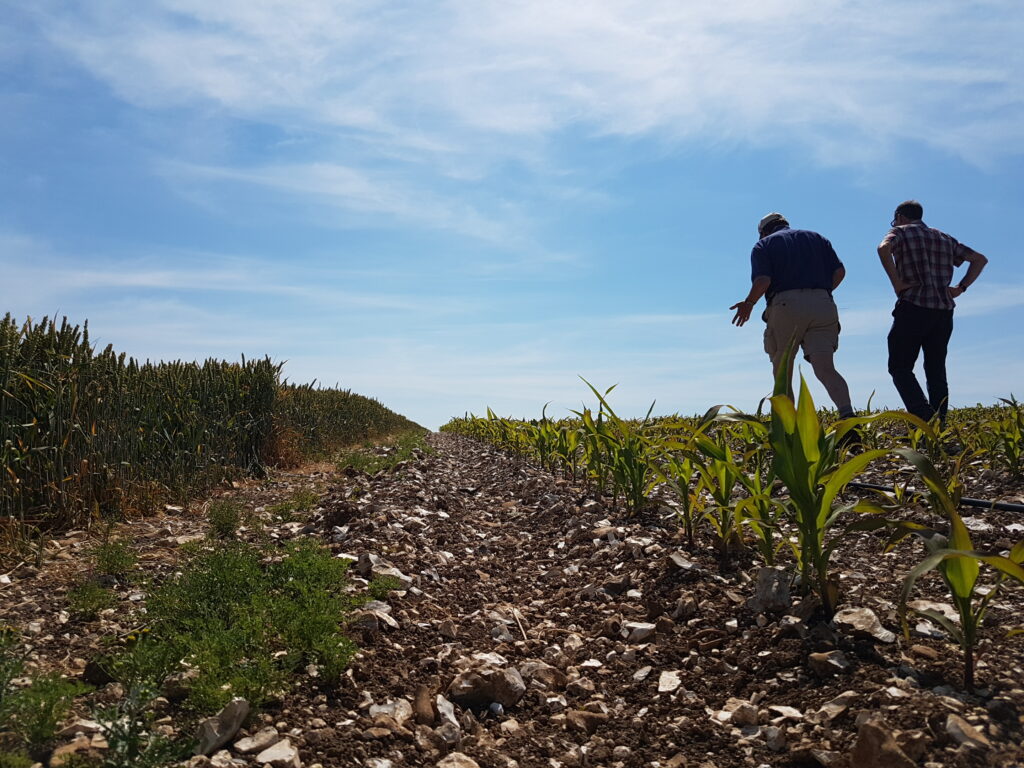
2.8 Various countryside organisations (such as NFU, GWCT, Wildlife trusts, NGO, Confor etc) could be doing a lot more on this. Farmer clusters, producer groups, co-operatives have a much stronger role to look out for mental health during a time of great change. Whether it’s the Community Pillar Initiative from the RABI, who traditionally may be the first port of call but inexperienced vital partners in assisting with mental stability in this uncertain febrile social media-drive rural transition.
2.9 On a personal note, my father a lifelong forester and previously a District Forest Manager for the Forestry Commission [and a co-founder of Continuous Cover Forestry in the UK], suffering from intermittent severe depressive disorder. Although long retired, he took an active interest in rural, environmental and forestry matters. In late 2020 I noticed how his mental health deteriorated as he became distressed and angry witnessing infighting (see 1.5 above), loss of forestry skills, increased bureaucracy around grant aid for tree planting and widespread dismissal of rural practices under past policies. Aged 84, he took his own life on the 12th of November 2021.
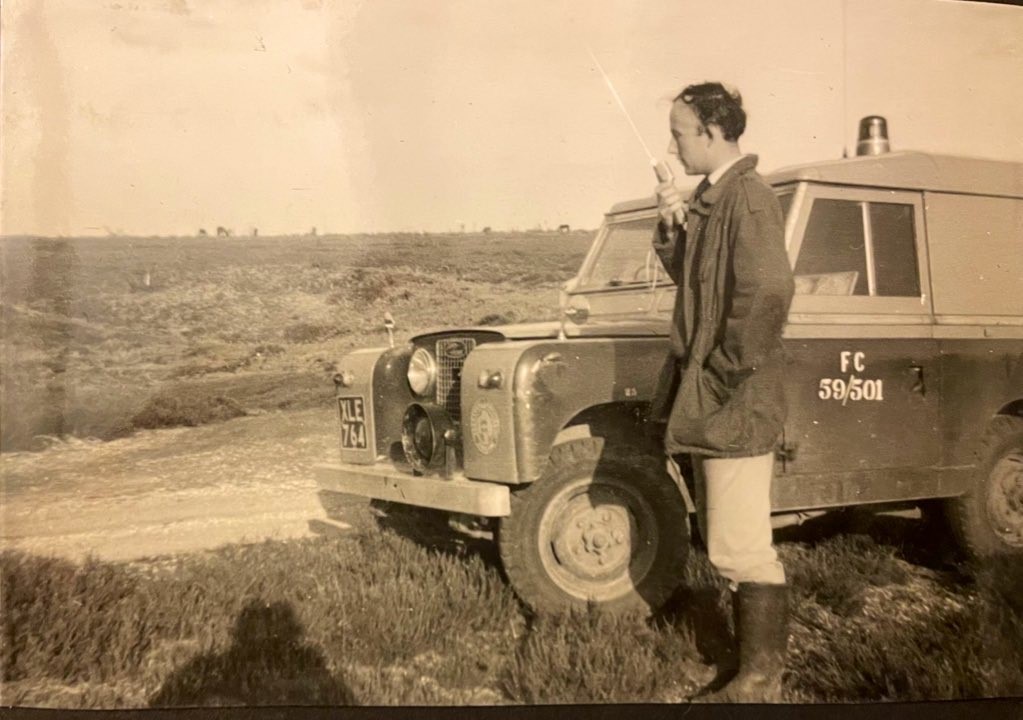
addendum – govt’s response to EFRA enquiry (Nov 2023) and comment by Rural Services Network
pingback
a blog – on rural transition for primary industries across the UK
a 60sec vlog on mental health (via twitterX) and 45sec vlog on similar (via YouTube)
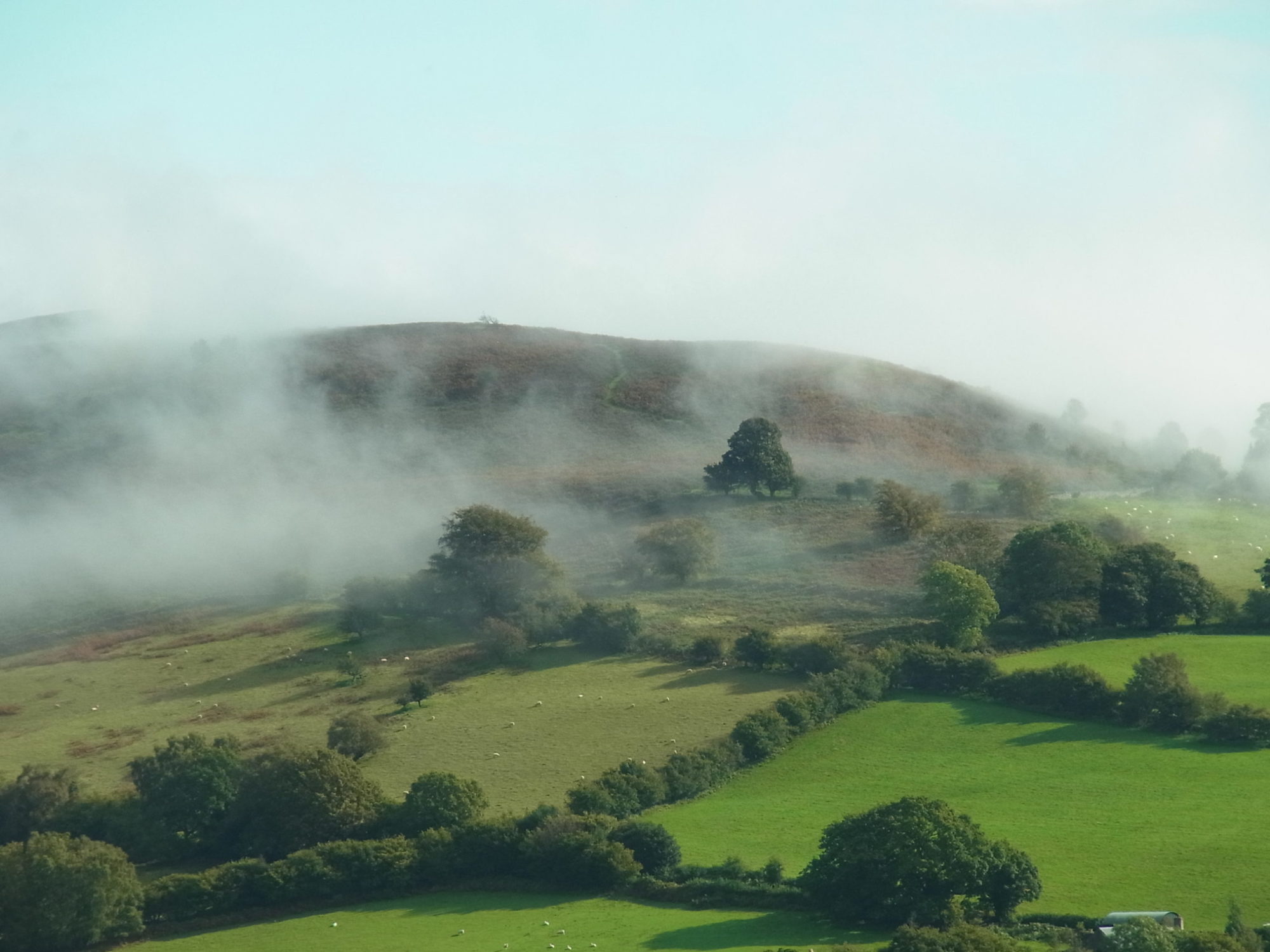
Rob, I am very sorry to hear about your Father. The suicide of a loved one is so difficult to come to terms with. A girlfriend, just 25 took her life, I was 30. She was from a farming family; you never get over it, just learn to live with it.
Best regards,
Chris.
Thanks Chris for your personal comment.
Hi Rob, sorry to hear the mental decline and death of your father Mark.
I had the pleasure of working with Mark in the late 1970’s as Forestry Commission’s first Conservation Officer for Wales. We shared an office in Dolgellau. Mark was a kind and gentle man and a great support for me starting of on my 30 year career as the FC Conservation Advisor; first for Wales for 10 years followed by 20 years for England. Mark valued all FC staff in the District; I have fond memories of staff and family Xmas parties in the Coed-y-brenin area organised by Mark. I entirely share Mark’s frustration in the decline of land management standards (in all aspects) and the increasingly lack of Government support/interest and crucial importance of the countryside, environment etc.
On retirement my wife and I purchased 31 acres of mainly worn out arable(Yorkshire Fog ) here in the far west of Cornwall. I needed a conservation/nature recovery project to keep me sane. Now after 15 years of hard work we have small examples of maybe good practice and an increasing variety of wildlife. Folk that visit seem to be inspired which helps my mental and physical health. I also strive to learn, and engage with all my farming/land manager neighbours.
I very much enjoy and learn from your thoughtful words on Twitter.
Best wishes,
Fred
Thank you very much Fred for your kind words
best wishes Rob